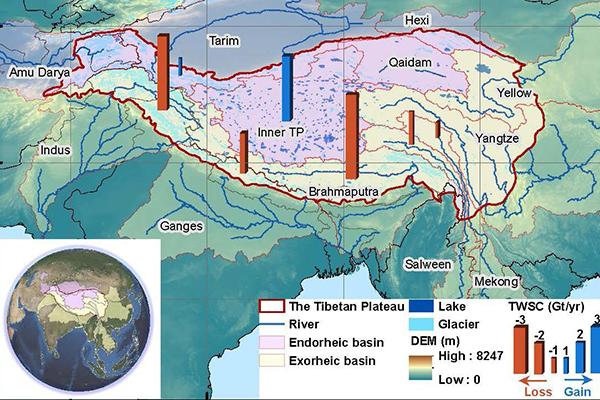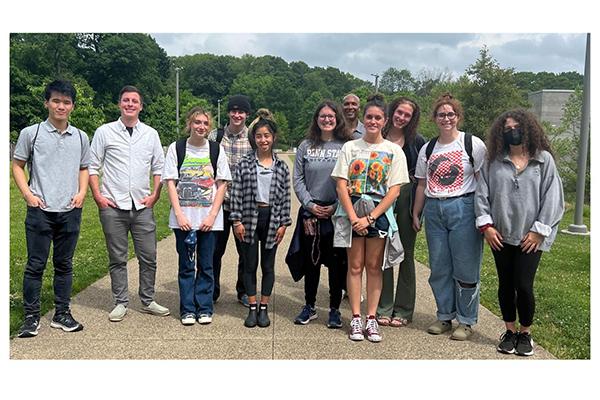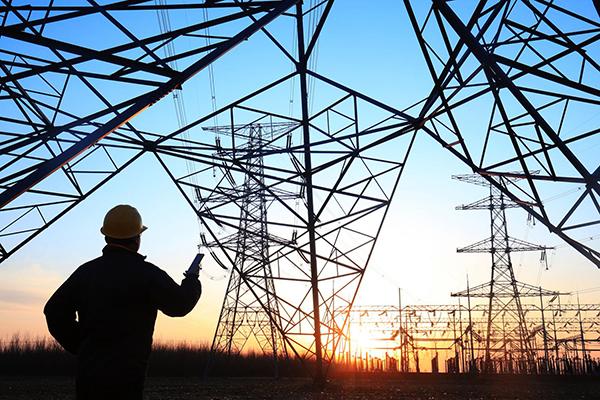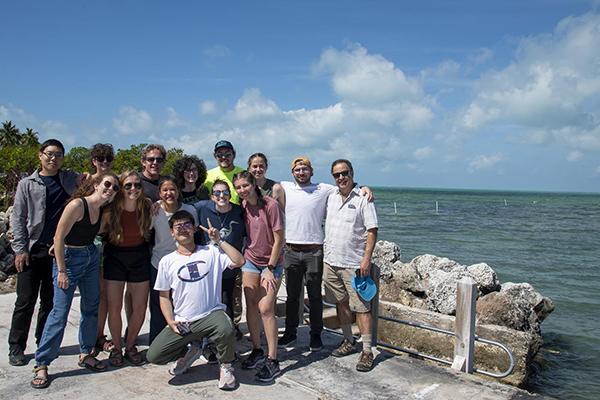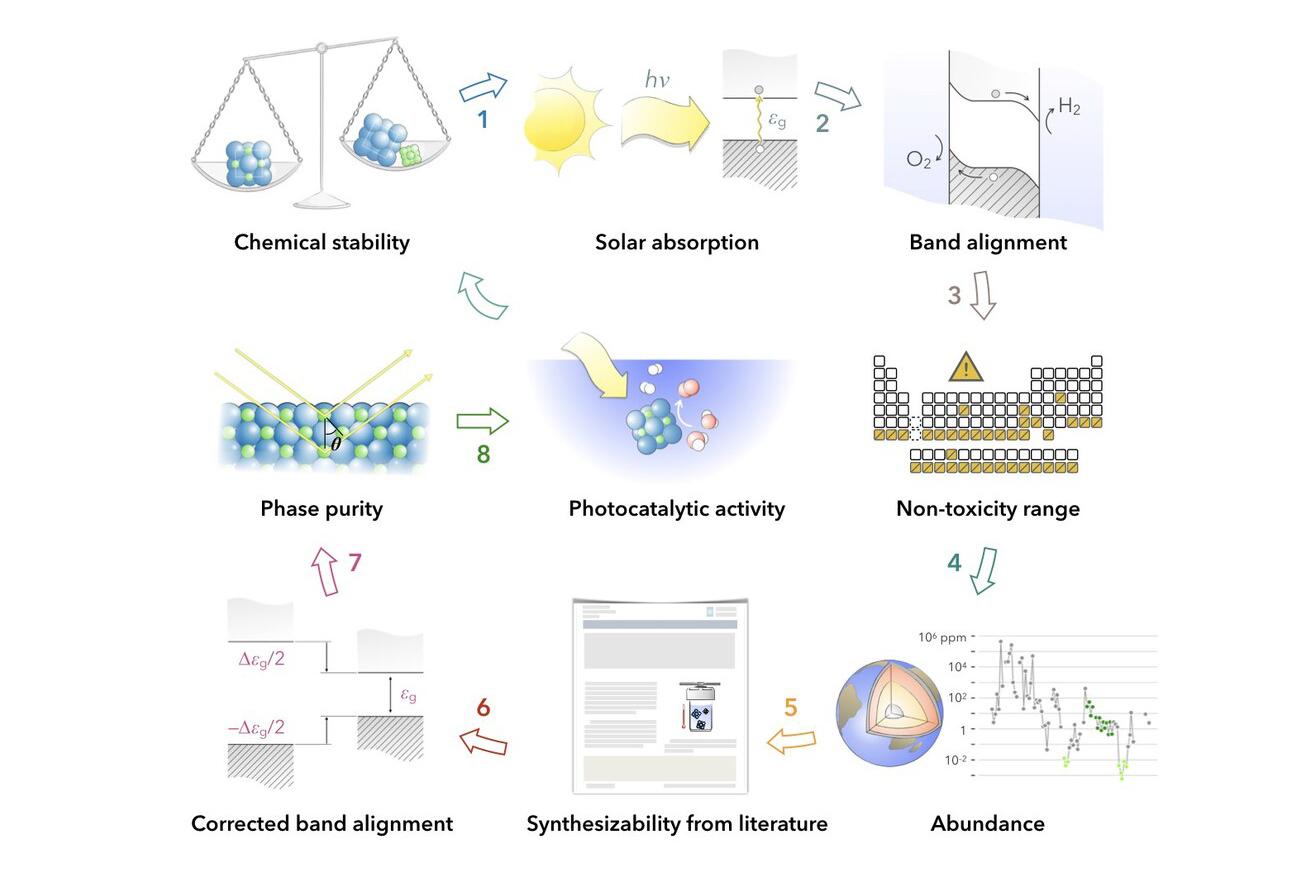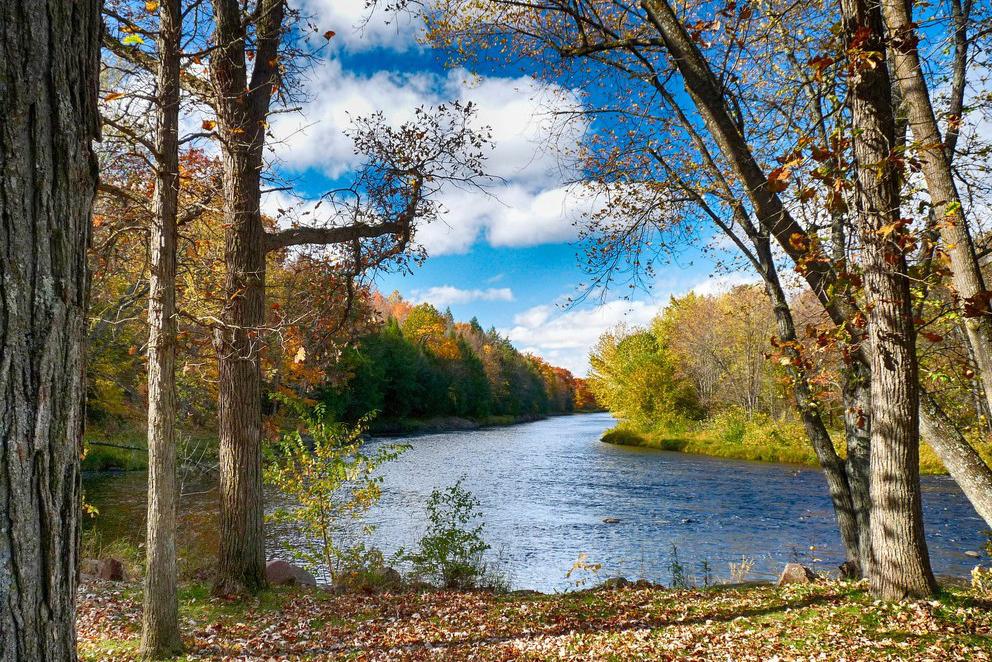Sustainability is a strategic initiative in the College of Earth and Mineral Sciences. Below are the most current stories showcasing our college's sustainability efforts.
Subscribe to the Sustainability News listsesrv
New subscribers can join by sending mail to: L-EMS-SUSTAINABILITY-COUNCIL-NEWS-subscribe-request@lists.psu.edu

News
New research led by scientists at Penn State, Tsinghua University and the University of Texas at Austin projects that climate change, under a scenario of weak climate policy, will cause irreversible declines in freshwater storage in the Tibetan Plateau, constituting a serious threat to the water supply for central Asia, Afghanistan, Northern India, Kashmir and Pakistan by the middle of the century.
Penn State students Jackie Zheng and Sarah Fetter spent the summer in Pittsburgh, not to vacation, but to gain knowledge about a future in sustainability through the City Semester program facilitated by the Penn State Center Pittsburgh.
The expansion of wind, solar, hydropower, biofuels and other low-carbon technologies has not accelerated at the pace needed to respond to the climate crisis and often there is a lack of equity and opportunities for communities on the front lines of the climate crisis.
Climate change impacts nearly every part of the agricultural industry. It manifests through increased floods, droughts, and severe storms, affecting communities in developing countries first.
The emerging Penn State Water Consortium announced personnel updates to the Penn State Water Council and the addition of a director of research.
Small farms and home gardens where landholders raise multiple species of culturally important crops can have a significant impact when it comes to meeting the United Nations’ goal to end global hunger and malnutrition, according to an international team of researchers.
Twenty-eight experts from various fields participated as panelists and presenters at the 2022 Critical Infrastructure Protection (CIP) Workshop, jointly hosted by the Penn State Center for Security Research and Education (CSRE); Center for Energy Law and Policy; and the Institute for Sustainable Agriculture, Food, and Environmental Science.
For several Penn State students taking a course on marine biogeochemistry, the coastal waters of the Florida Keys became an extension of their laboratory.
Using solar energy to inexpensively harvest hydrogen from water could help replace carbon-based fuel sources and shrink the world’s carbon footprint.
Despite the devastating impact the emrald ash borer has had on forests in the eastern and midwestern parts of the U.S., climate change will have a much larger and widespread impact on these landscapes through the end of the century, according to researchers.


